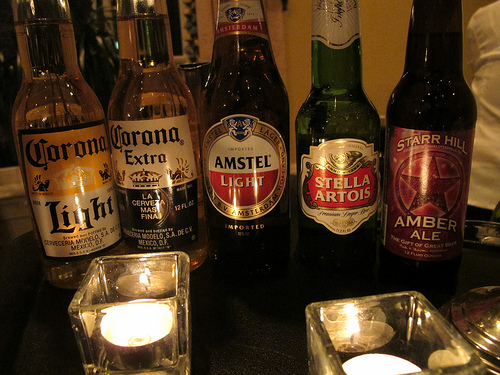To many, total abstinence is easier than perfect moderation. – Saint Augustine
What does that mean?
This is an interesting quote. Can you do just a little? Do you know what is the correct amount for you, and for the situation?
Conversely, do you avoid the issue altogether and simply abstain? But is your will-power sufficient to keep you out of trouble? Or if you waver, will disaster be the result?
That is the question the quote asks. Can you behave in moderation? If you cannot, can you keep completely away from temptation?
The implied question is even more interesting. What happens if your attempt at abstinence fails? Can you keep it together?
Why is knowing yourself important?
Knowing yourself is a necessary foundation for finding that golden path, that perfect moderation. It can be done, but you have to know your strengths and your weaknesses are first. Once you know yourself, it is easier to plan what path you will try, and to notice what does and doesn’t work.
As you learn more about yourself, you become more skilled at avoiding situations where moderation is difficult for you. But what if your weakness is cake, and you’re going to have to go to a birthday or a wedding? Cake will be there, and so will you. What now? How will you moderate your behavior?
Just knowing your weakness, you are prepared. You can mention a diet or even admit to your lack of self control. Perhaps you could designate someone you trust to be your buddy and keep you from having too much. But that happens after agreeing what constitutes ‘too much,’ right?
By knowing yourself, you can know what works for you, and what does not. As you try different things, you learn even more. If you pay attention, that is. If not, you will find it harder to get to know yourself and harder to improve your life. And if you don’t know yourself, how do you know who you are?
Where can I apply this in my life?
This is a quote near and dear to my heart. Many years ago, I had a social drinking problem. If I was with others who were drinking, I drank. I was unable to be moderate in any way, shape, or form. If I had one, I had a lot. Or at least too many. Moderation failure in the worst possible way.
I had to do something, right? Moderation wasn’t working. Abstinence didn’t work. If I was at a place where drinking was happening, I was drinking. So I had to avoid those places. That was good. However, how could I test myself? That question bothered me, as parties always involved alcohol.
If I ever blew the abstinence, could I now, years later, apply moderation? The answer is yes, but it took some time in the abstinence phase while I developed the strength to know (and do) what was right. It took learning what my limits were, what my needs were, and how to best manage these forces.
Take a moment and consider when, with what, or under what circumstances, you tend to have failures in moderation? Are there things from which you abstain? If it is for reasons of lack of self-control, include it on the list. How does the list look? Is it kind of embarrassing? Been there, done that.
After taking responsibility for my own actions, I selected one of the issues and came up with ways to attempt moderation. Which of yours do you want to work on first? Select one, and then brain-storm some ideas about how you might try moderation, and how you might try abstinence.
To me, abstinence is a great first line of defense, but it isn’t perfect. What if you’re at a birthday party where there will be cake and alcohol? Either you leave before they hand you a drink and before the cake, or you have to rely on your PlanB, your effort at moderation.
I mentioned having a buddy to help you with counting your beers or slices of cake. What else could you do? Personally, I limit myself to one drink. Period. No options. At home, I keep a 750ml bottle, but I put the date of purchase on it, and make it last 3 months. It’s there, but I have learned how to behave.
Everyone has their own personal weakness. I have largely conquered mine, using the method outlined above. If you have other experiences, successful or otherwise, please feel free to leave your thoughts in the comments section below.
The questions for you to answer include “How well do you know yourself?” What are your strengths, and your weaknesses? What are you doing to help yourself defend against your weakness?
From: Twitter, @philo_quotes
confirmed at : http://en.wikiquote.org/wiki/Abstinence 2nd entry in ‘Attributed’
Photo by Bill McChesney








Nice Post – I am still in the state of Abstinence and I am not yet prepared to test moderation. In my case moderation is not to limit myself to some quantity of my addiction, my moderation is to be in the company of those who are engaged in the same addiction and yet stay away from the stuff.
Today is my first day on your blog and I am already liking it.. hope to explore more.. keep up the good thing.. thanks!!
Moderation is not just difficult, but impossible for some. I have been fortunate to not have any real addictions. I wrestled with alcohol in College, but have since been able to be moderate with it.
For others, moderation is not possible, and not recommended. Tread carefully, my friend.